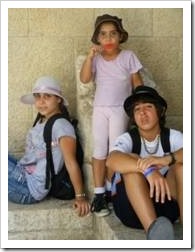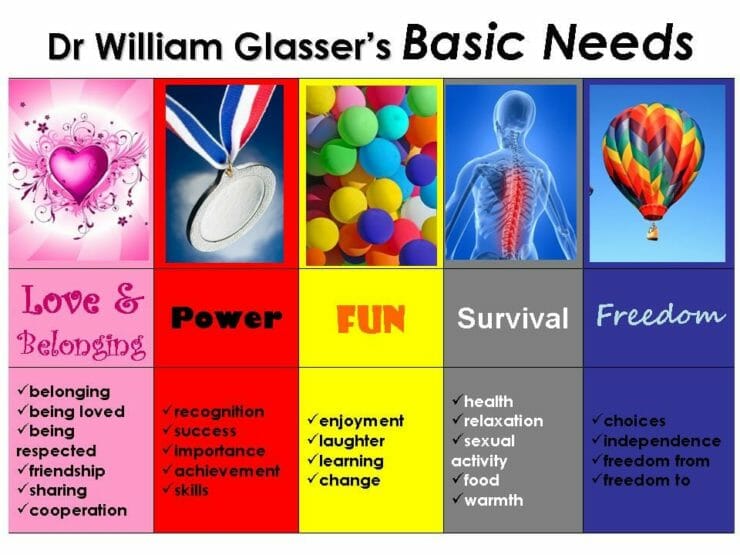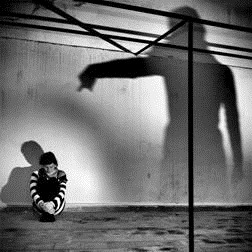
In the last two posts on “choice theory,” I covered William Glasser’s reality theory and the seven deadly and caring habits and their impact on relationships and parenting.
Glasser’s choice theory helped not just individuals but also organizations like schools and businesses to enable management, workers, and students to take part in the system using internal motivation and avoid conflicts.
Every business transaction (and schooling is similar) is a transaction in relationship. We call good relationship a good business transaction, and conflict, anger, disappointment, and frustration a bad business transaction. For a business to succeed, it needs to establish good relationship between all participants and connect well. Glasser called it “Lead Management.” Using the choice theory in business, employees, managers, suppliers, and clients replace external control with internal control based on happy and successful relationship and are very much dependent on the managers, who lead the organizations.















